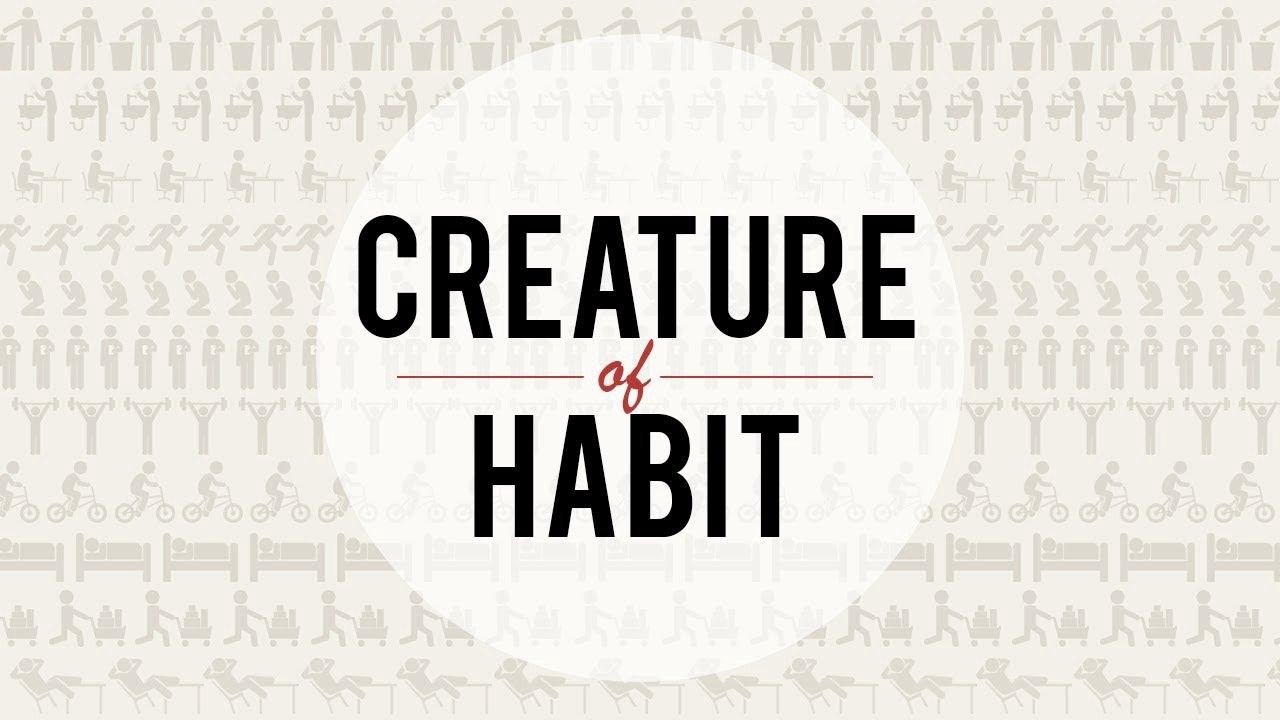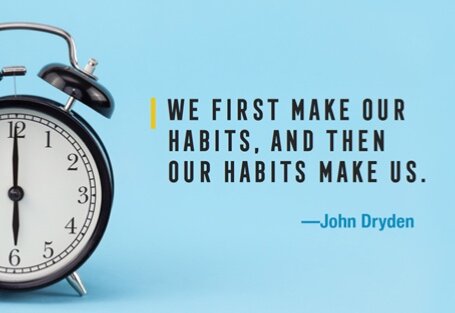The great Zig Ziglar said, “Motivation gets you going, and habit gets you there. Make motivation a habit and you will get there more quickly and have more fun on the trip. You are free to choose, but the choices you make today will determine what you have, be and do in the tomorrow of your life.”
We are not in the business of knowledge transformation we are in the business of skill acquisition. Do you know the difference between a skill and a habit? A skill is the ability to do something well and a habit is something you do mentally or physically, that starts as a choice and then becomes a nearly automatic pattern.
In reality, a habit is the function of our subconscious mind. There is no greater evidence of the marvelous power of our subconscious than the force and sway habit holds in our life. We form habits in our subconscious mind by repeating a thought or behavior and act it out over and over again until it establishes tracks in our subconscious mind and becomes automatic. What percentage of our daily behaviors are choice? Studies have shown that between 40 and 45% of what we do each day are habits. Therefore, when we understand how habits work, then rather than being the consumer of our lives, we become the creator.
The Power of Habits training is about teaching leaders and individuals how to leverage habits so that they can improve results. The key to exercising regularly, losing weight, being more productive and achieving success is understanding how habits work. The Power of Habits training will do 3 things: increase performance, improve outcome and ignite culture. Performance is what we do, results is what comes from our actions, and culture is how we behave.
We change the world by changing behavior and there’s a process to that and at Peak Balance (Vital Smarts), our digital learning tools can help facilitate training outside the traditional classroom settings. We have put together a series of micro-trainings which consist of a series of short, focused learning modules that are delivered through Adobe Connect. These trainings have proved to be highly effective at accelerating onboarding and improving retention.
For further information - contact: sb@peakbalance.dk















